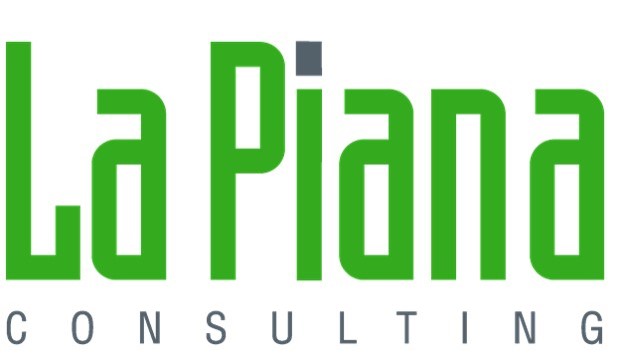In the COVID-19 world, funders may increasingly find themselves in discussions with nonprofit partners about merger exploration as a potential way to ensure that mission and organizational needs continue to be met. We are seeing an upswell of interest and are encouraged by the sector’s willingness to provide funding for sustained collaboration efforts.
Concerns have always existed among nonprofit leaders and boards about mergers. Fears include the perception that integration with another organization is an admission of failure, potential loss of autonomy, the time and cost involved, and the ability to maintain program fidelity. These worries are understandable, but in our 20+ years of experience with facilitating processes with client, these concerns are often readily addressed. However, it is more important to avoid the perception that funders are pressuring nonprofits to consider a merger. Shotgun weddings rarely work out.
What is the best way to approach this sensitive topic? First, assess grantee readiness for the conversation. Is merger something they raised as an option? If not, consider a more general discussion about organizational health. Some helpful questions to ask may include:
- Does your organization have a strategic plan, and if so, has it been refreshed for the COVID-19 era with a focus on adaptability?
- Would an organizational assessment tool help identify if there are operational areas that need support?
- Would scenario planning be helpful to better prepare for the organization’s future financial position?
A general discussion might lead nonprofit partners to think more about merger exploration as a strategy. If not, consider inviting them to read more about mergers and alliances after doing their homework.
When speaking with those open to the idea of a merger but unsure where to start, offer examples of success stories in your community. Share available information about the process, timeline, costs, and challenges others have experienced. Provide resources to help ensure alignment of staff and board about proceeding. We find that much of the initial fear and uncertainty around mergers can be alleviated with real-life success stories like Race Forward and Sierra Community House.
However, if the organization is familiar and comfortable with the merger concept and has considered exploration in the past, focus your discussion on what did and did not work to create a new lens. Generative questions may include:
- What lessons were learned in past processes?
- Are there potential organization(s) in mind?
- What are the key criteria in considering potential partners?
If the nonprofit is highly motivated, has a partner identified, and is ready to jump in, explore whether the staff and board are in alignment about pursuing a merger. Ask about the shared vision and flesh out the following points:
- Is there an ideal timeline?
- What strengths does the grantee bring to a potential merger?
- What are the desired outcomes?
- What major challenges would need to be resolved within either organization prior to merging?
- What questions would need to be answered in a negotiations process?

(Resources referenced in graphic: Critical Issues Worksheet, The Power of Possibility, Motivations Worksheet, Readiness Discussion Guide, Concerns Worksheet, M&A Toolkit)
The goal of any discussion about merger is to instill your grantees with confidence that they are making a strategically sound decision with the mission in mind and offer reassurance that you will provide support throughout the exploration process.
Check out our recently updated Merger and Alliances Toolkit and let us know if it resonates.

